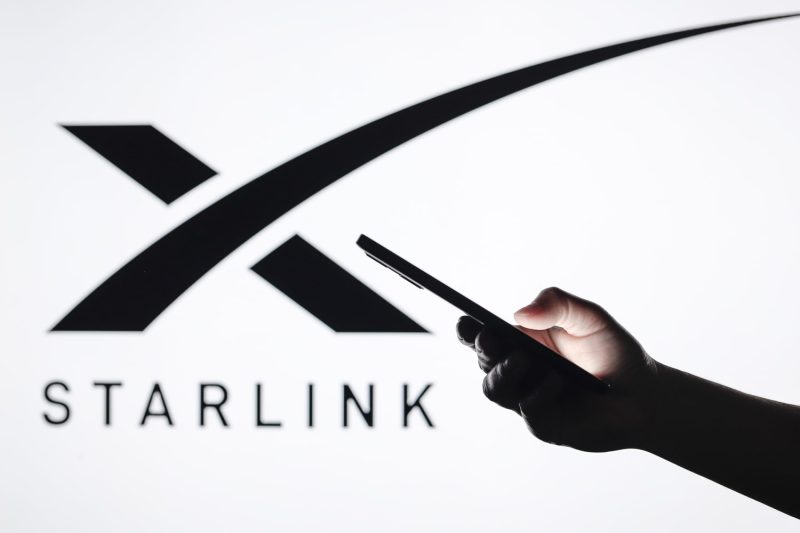Elon Musk’s Starlink Initiative: Revolutionizing Internet Access and Politics in Disaster-Stricken Regions
The recent launch of Elon Musk’s Starlink initiative has been making waves in the tech industry, especially in disaster-stricken areas that are grappling with the aftermath of severe storms. Starlink, a project by SpaceX, aims to provide high-speed internet access to underserved regions through a constellation of low-orbit satellites.
In storm-ravaged areas, reliable communication channels are crucial for coordinating disaster response efforts, providing timely updates to residents, and accessing essential services. Traditional internet infrastructure is often compromised during disasters, leaving communities isolated and vulnerable. Starlink’s satellite-based internet service offers a lifeline to these affected regions by ensuring uninterrupted connectivity even in the face of infrastructure damage.
Beyond its immediate impact on disaster response, Starlink is also reshaping the political landscape in these regions. Access to reliable internet empowers residents to stay informed, connect with the outside world, and participate in online advocacy efforts. In disaster-prone areas, where marginalized communities often bear the brunt of the impact, internet access can be a tool for amplifying voices, raising awareness about systemic issues, and demanding accountability from authorities.
Moreover, the deployment of Starlink in storm-ravaged regions raises questions about the role of technology companies in humanitarian crises. Should access to high-speed internet be considered a basic human right, especially in vulnerable communities facing ongoing threats from climate change? How can tech companies collaborate with local governments and nonprofits to ensure equitable distribution of internet access in times of crisis?
These questions underscore the complex interplay between technology, politics, and social responsibility in the context of disaster response. While initiatives like Starlink offer promising solutions for bridging the digital divide in disaster-prone regions, there are also concerns about data privacy, digital surveillance, and the long-term implications of relying on private companies for essential services.
As Elon Musk’s Starlink continues to expand its reach and impact in disaster-affected areas, it is essential for policymakers, tech companies, and civil society organizations to engage in transparent dialogue about the ethical, regulatory, and social dimensions of satellite-based internet services. By leveraging the power of technology for good and fostering inclusive digital connectivity, we can build more resilient, informed, and empowered communities in the face of natural disasters and humanitarian crises.

